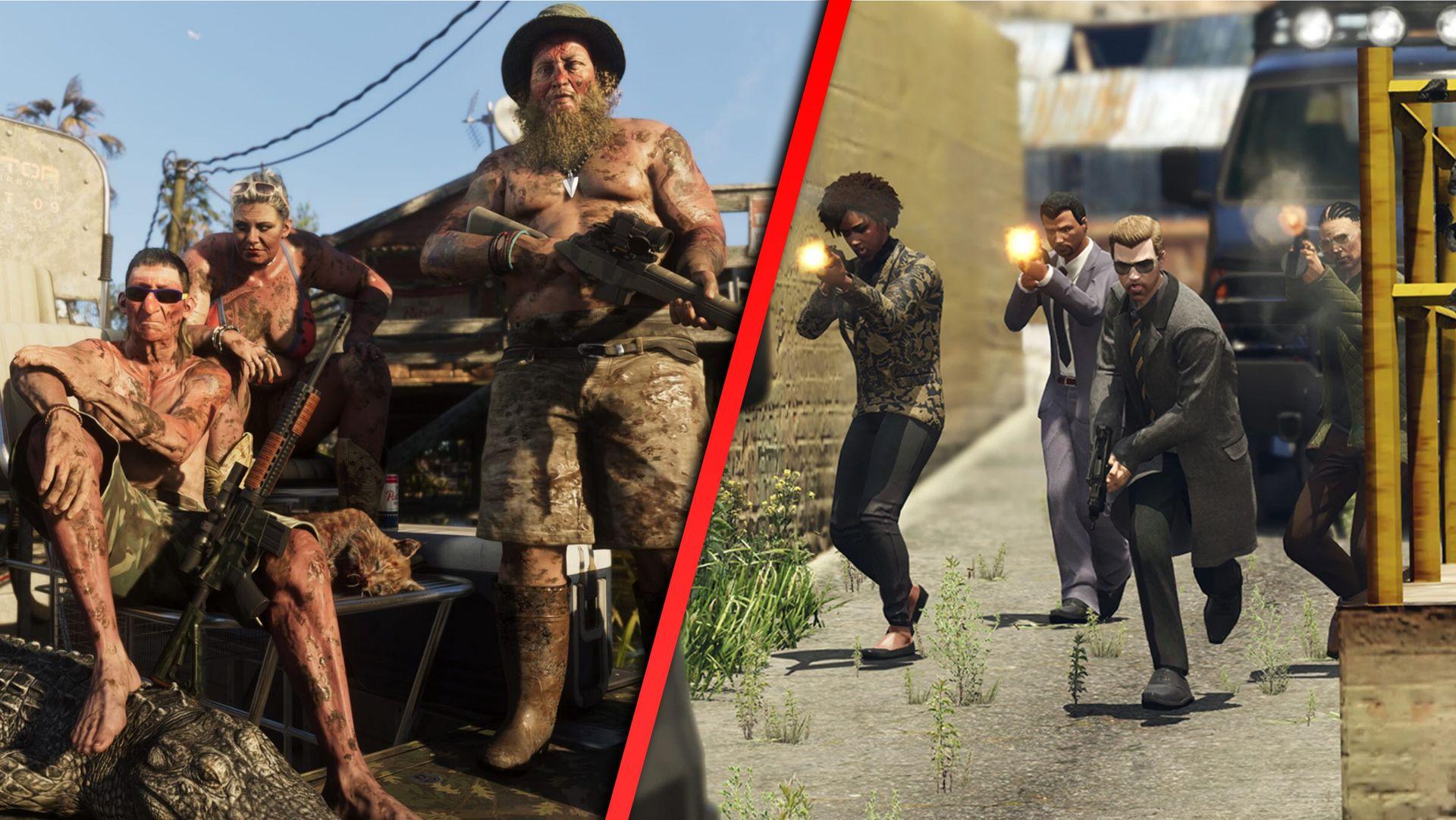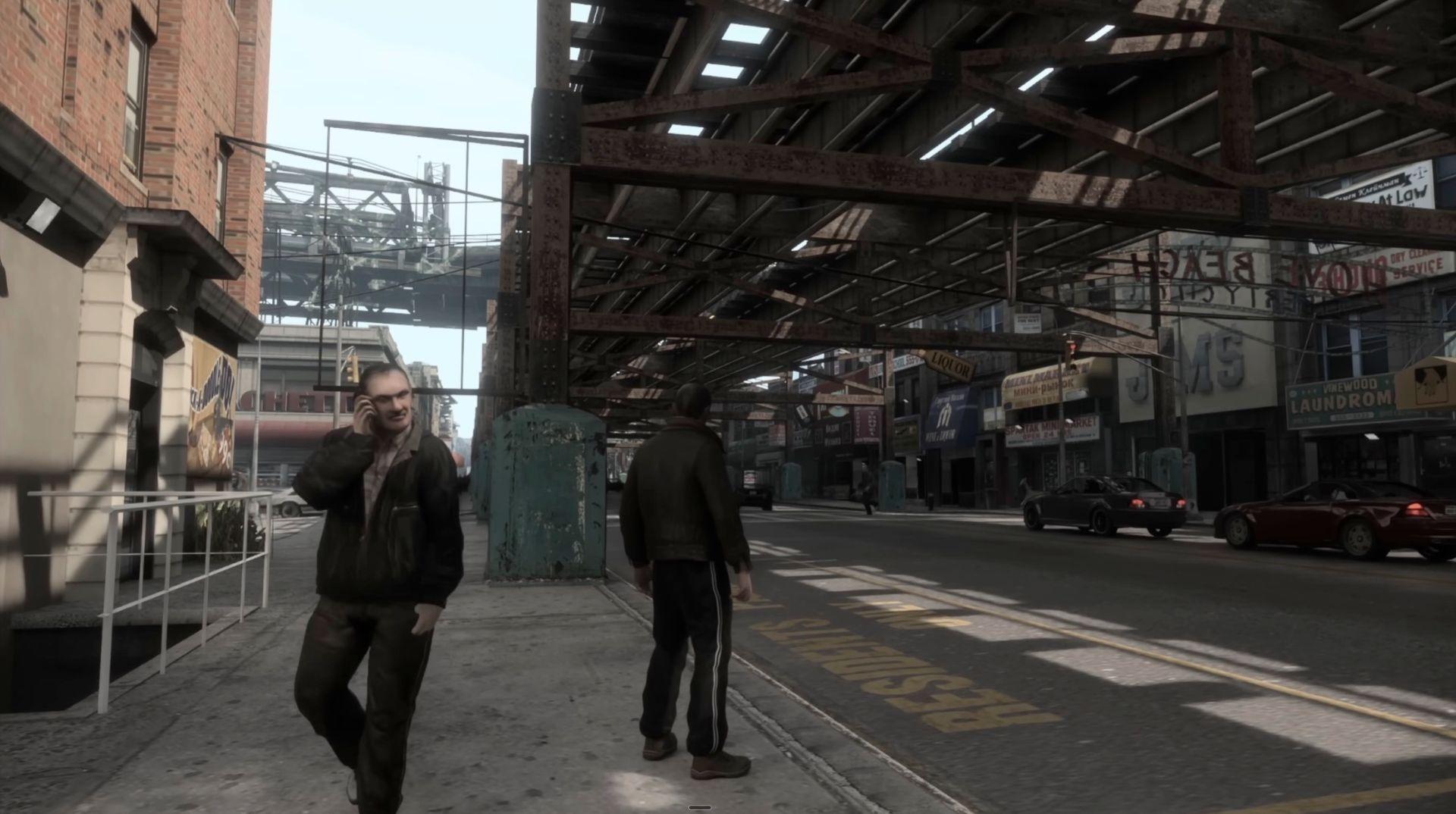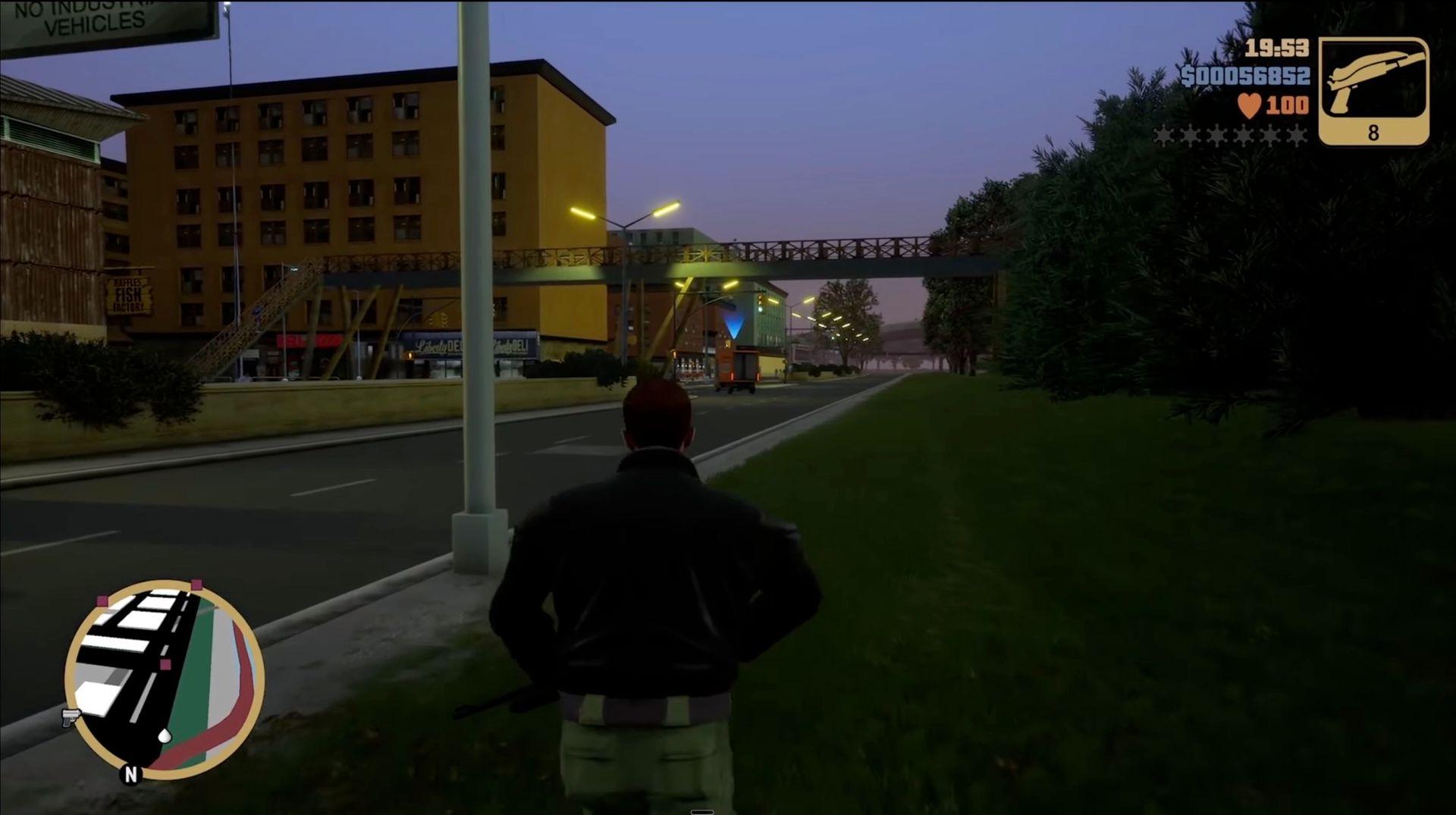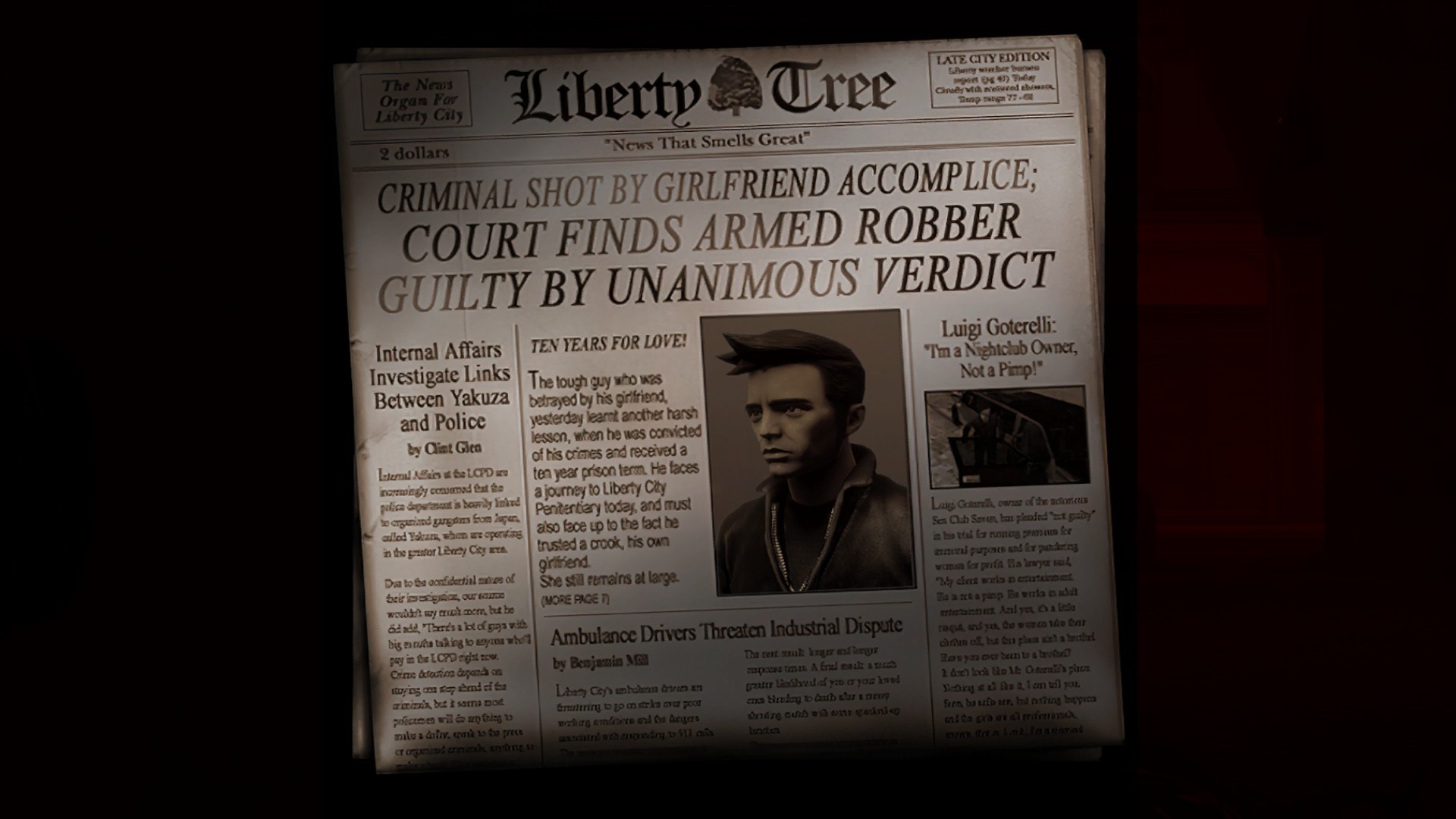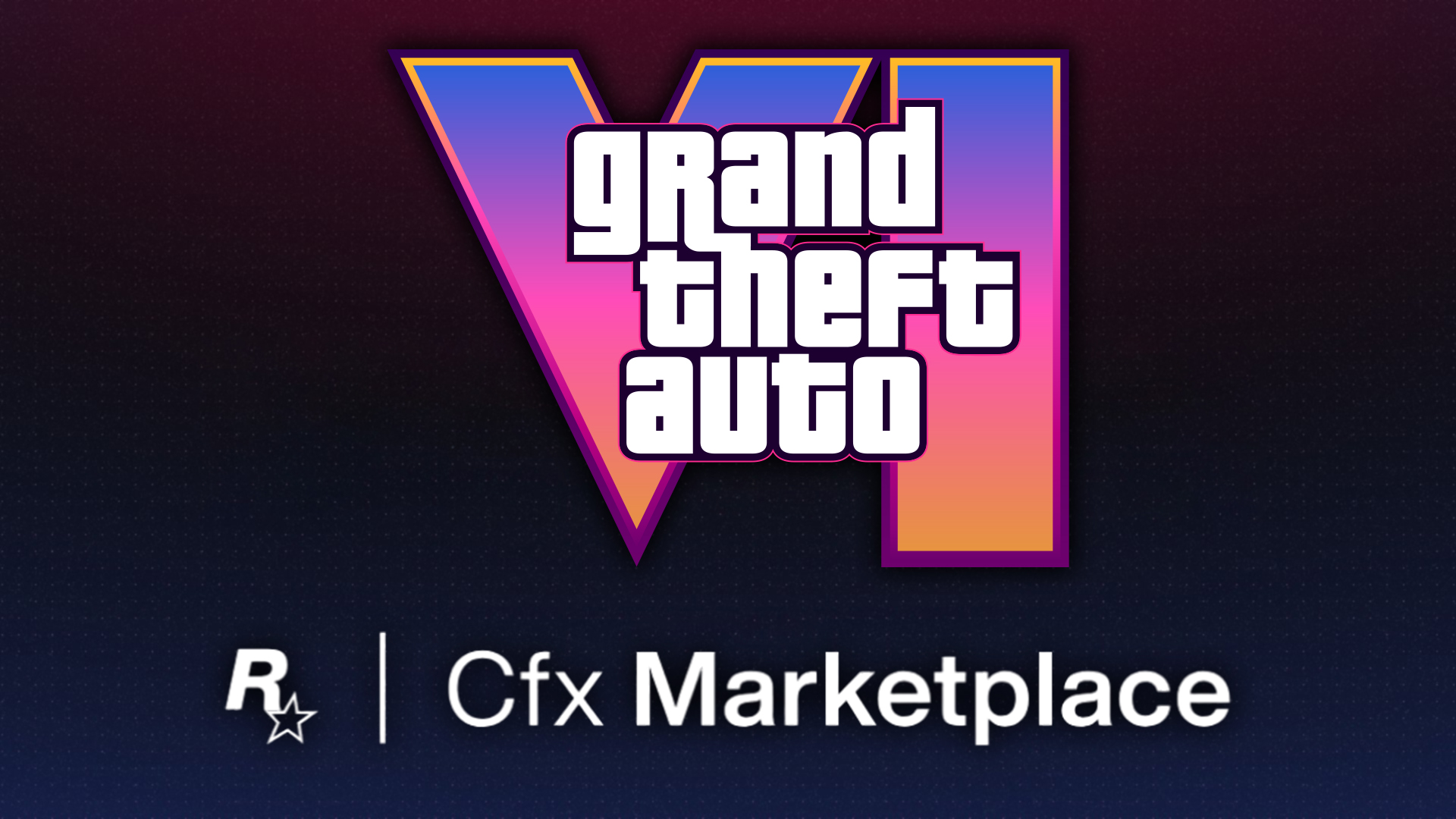The past few years, more than ever, saw the rise of "AAA" becoming something of a dirty word among the gaming community. Gone are the golden days of gaming when small, rag-tag studios of scruffy passionate developers "writing" games. Games today are being developed by big scary corporations where nameless men in suits order around their developers, churning out one focus-tested monstrosity after another.
Or, at least, that's what a pretty vocal portion of the community would have you believe. This is an issue that extends far beyond GTA Online and Rockstar's, or even Take-Two's business practices. This is something that is and isn't happening throughout the industry. The extent of it is up to debate, the validity of it is up to debate and the relevance of it is up to debate — but the issue remains.
While the demonization of the AAA game industry is very often exaggerated to extremes — no, the board of executives for each big-name publisher didn't, in fact, sell their collective souls to Satan — there is some truth backing the concerns of players. The larger the publisher, the likelier they are to resort to shady business practices in the name of profit.
What many people forget, however, is that when large publishers are involved, there are many more costs to consider than simply developing games. Countless internal expenses must be met, staff — both full-time employees and contractors — need to be paid and given bonuses. Taxes must be paid, offices need to be rented and the list goes ever on.
Developing games is a business, and all business comes down to making money. Since we're thankfully not being oppressed in a communist system, we hardly have justification for berating a company for wanting to make a profit. In the end, most of the financial decisions related to GTA are made by Take-Two, and Rockstar doesn't even have control over it.
However, like any issue, this one has two sides. Players have been getting increasingly bothered by some of the trends that have appeared in GTA Online recently, and they aren't entirely unfounded. The pressing need to meet profit margins is one thing — but why can some companies meet them without resorting to underhanded tactics, while others can't?
In spite of prevailing view that 'AAA is evil', the situation is a lot more complex. Many large publishers have managed to uphold a positive public image, while others even managed to regain favor after dropping to the pit of hatred. EA, for example, was everyone's favorite punching bag a few years ago, however recent changes in direction have gained them favor among players. Now poor old Ubisoft has replaced it as the publisher that's trendy to hate.
